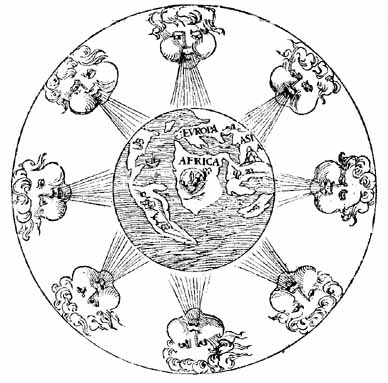Call for International Projects: "Cultural Encounters" - HERA (Humanities in the European Research Area) - Deadline: May 4, 2012
CALL FOR INTERNATIONAL PROJECTS - DEADLINE: MAY 4, 2012
As you surely know, HERA (Humanities in the European Research Area) has opened a call for international projects under the heading “Cultural Encounters”. For further information please visit http://heranet.info
The Inter-University Centre for the History of Science and Technology - University of Lisbon Group seeks prospective partners for a transnational/comparative project on scientific travels. You will find below a preliminary draft (open to discussion and modification).
Note that only researchers based on the following countries are eligible (regardless of their nationality): Austria, Belgium, Croatia, Denmark, Estonia, Finland, Germany, Iceland, Ireland, Lithuania, Luxembourg, Netherlands, Norway, Poland, Portugal, Slovenia, Sweden and United Kingdom. For further information on eligibility requirements jump to http://heranet.info/system/files/hera_jrp2012_national_eligibility__requ...
Unfortunately several countries with a very important role in the STEP network are not included. Nevertheless, if you are in an eligible situation and interested in this collaborative effort, please reply to: pmraposo@fc.ul.pt
Feel free to forward this message to non-STEPers who may be interested and able to participate.
Best regards,
Pedro Raposo
__________________________
Pedro M. P. Raposo, DPhil
Post-Doc Researcher
CIUHCT- University of Lisbon
http://www.ciuhct.com
The major goal of this project is to investigate the role of mobility in the historical development of European science and its implications in terms of the cultural encounters, exchanges, and liaisons that shaped it. Over the last years the circulation of people and objects has gained increasing relevance in the fields of history of science and STS (science and technology studies). Science has ceased to be regarded fundamentally as a somewhat esoteric activity taking place within the ivory towers of secluded savants to be approached as a complex interplay between locality and displacement. Laboratories, observatories, academies, research institutes have not lost their importance as primary loci of scientific activity but recent historiographic developments have shown that the labor they host cannot be properly understood without taking into account their wider web of relations. Studying the movement of people through this web constitutes a good way to approach the multitude of contexts and relations that constitute it whilst investigating the transformative effects of displacement. This inquiry can be fruitfully operationalized through a focus on scientific travels (understood in a broad sense, in order to comprise laboratory tours, field expeditions, apprenticeships, etc.).
This project aims at undertaking an international survey and subsequently a comparative and transnational analysis of scientific travels made by European or Europe-based practitioners (be them scientists or scholars proper, or other people engaged in scientific activities and undertakings), within and/or beyond the European space, over the period 1850-1950. This chronological interval might be readjusted according to the specific interests and intended contributions of prospective participants. It is primarily suggested taking into account that, besides encompassing dramatic cycles of political and social change in Europe, it entails important transformations in the practice, content and institutional framing of scientific activity in general. These include the professionalization of science and its increasing specialization; the rise of the university as a place for research; the multiplication of specialized scientific societies; the rise of large-scale (‘big science’) research undertakings; and, importantly, a corresponding increase in the mobility of people engaged in scientific activities.
Specific objectives include the following:
w Constitute an international database of scientific travellers and travels, through a prosopographic approach
w Analyze the specific forms of political, economic and institutional framing of these travels (e.g. funding sources, institutional programmes, mobility policies, industrial undertakings)
w Identify and analyze the skills and forms of cognitive content, as well as the objects and materials that were mobilized, disseminated, appropriated and developed through these travels
w Identify route patterns and favored destinations
w Analyze the impact of travels both in the places of origin and the visited places
w Study the representations of both travellers and hosts with respect to the journeys under focus
w Investigate representations of these journeys outside the scientific milieu (e.g. mass media, popular science publications)
w Carry out comparisons with respect to the above mentioned issues for the countries and/or regions involved in the project

